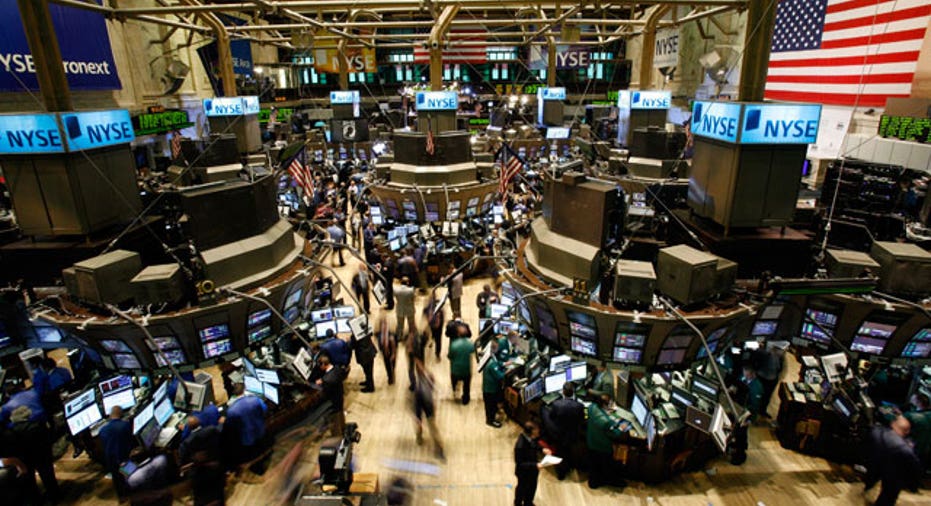From Warren Buffett to Small-Cap Stocks: How Trump's Tax Plan Would Affect Wall Street

President Donald Trump on Wednesday is planning to unveil a proposal to cut corporate taxes on U.S. companies' foreign profits and reduce the top tax rate on so-called pass-through businesses, including many owner-operated companies, to 15% from 39.6%, White House officials familiar with the planning have said.
Here's what the change would mean for Wall Street:
S&P 500 EARNINGS
Donald Trump's tax proposal is expected to cut the corporate rate to 15%, potentially providing a big lift to corporate earnings for publicly traded companies.
Every one-percent reduction in the effective tax rate -- what companies actually pay -- could increase expected earnings for companies in the S&P 500 by $1.34 a share, according to calculations Tuesday by S&P Global Market Intelligence.
That might breathe new life into a long stock-market rally. Many investors have become worried that stocks are starting to look expensive and tax cuts "would alleviate much of the concern about valuations," said Bruce Bittles, chief investment strategist at Robert W. Baird.
Aaron Kuriloff
SMALL-CAP STOCKS
Many investors expect a corporate tax cut to boost small stocks more than shares of larger companies.
Their reasoning: Multinational companies are able to defer U.S. taxes on profits earned overseas, but many smaller companies make most of their profits on domestic sales.
Investors were counting on a Trump tax cut when they pushed up the share prices of small stocks after the election. The Russell 2000 rose 16% in the month after Nov. 8, compared with the S&P 500's 5% gain. When prospects for the tax cut seemed to dim earlier in the year, the small-stock rally petered out.
In recent days, with reports that the Trump administration is pushing ahead again with plans to cut corporate taxes, investors have been piling into small stocks again.
Corrie Driebusch
ACCOUNTING FIRMS & HEDGE FUNDS
Lowering the rate on pass-through income could enhance the appeal of these businesses. But it may also change taxpayers' behavior, experts said, especially if the top rate on personal income is 37%.
"A large risk is that business owners will transform their wages or compensation income to avoid income, Medicare and even Social Security taxes," says Michael Graetz, a former Treasury official under George H.W. Bush who now teaches at Columbia University's law school.
Laura Saunders
Berkshire Hathaway
One major company that would benefit from a lower corporate tax is Warren Buffett's Berkshire Hathaway Inc., which generates most of its revenue within the U.S.
A 15% corporate tax rate would increase Berkshire's book value by 13%, or about $36 billion, Barclays estimated in February based on the company's 2016 results. A 20% corporate tax rate would increase Berkshire's book value by 10%, or $27 billion, the bank's analysts said.
However, a change to the repatriation of foreign profits would have little effect on Berkshire, Chairman Warren Buffett wrote in a letter to shareholders released earlier this year. Berkshire holds about $86 billion in cash, and 95% of it is in the U.S., he wrote.
When the corporate tax rate was lowered in 1986, Mr. Buffett wrote to shareholders that the drop was likely to benefit Berkshire but not its customers, because Berkshire's businesses had strong brands and wouldn't have to cut prices.
"While this may be impolitic to state, it is impossible to deny," Mr. Buffett wrote. He also predicted that the 1986 tax cuts would "very likely bestow a fiscal problem on Washington" and would lead to higher taxes, higher inflation or both.
Nicole Friedman
(END) Dow Jones Newswires
April 26, 2017 09:27 ET (13:27 GMT)



















